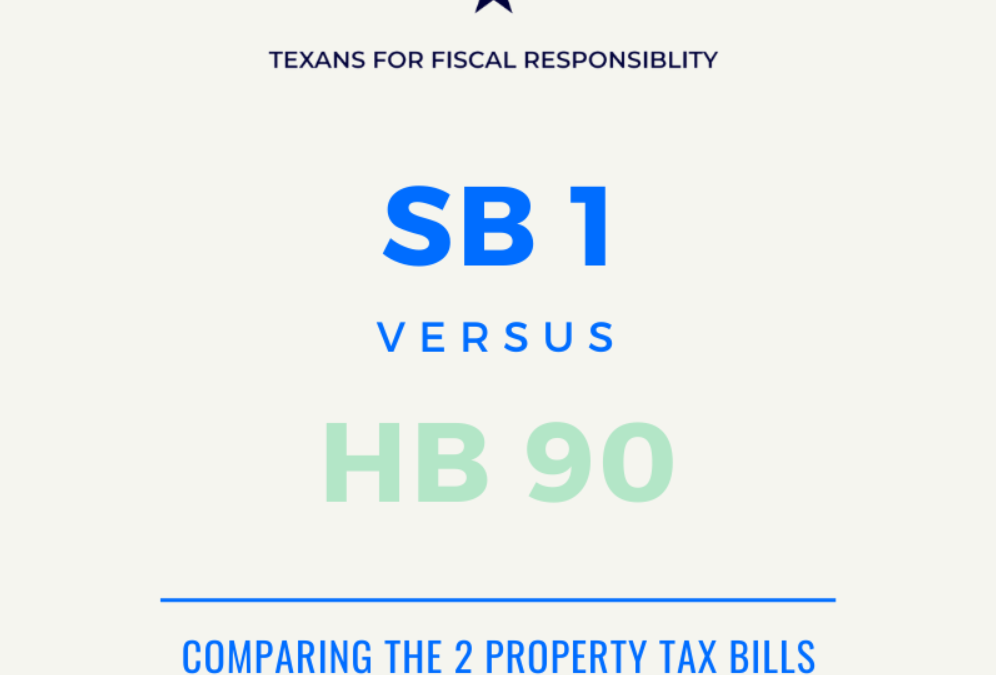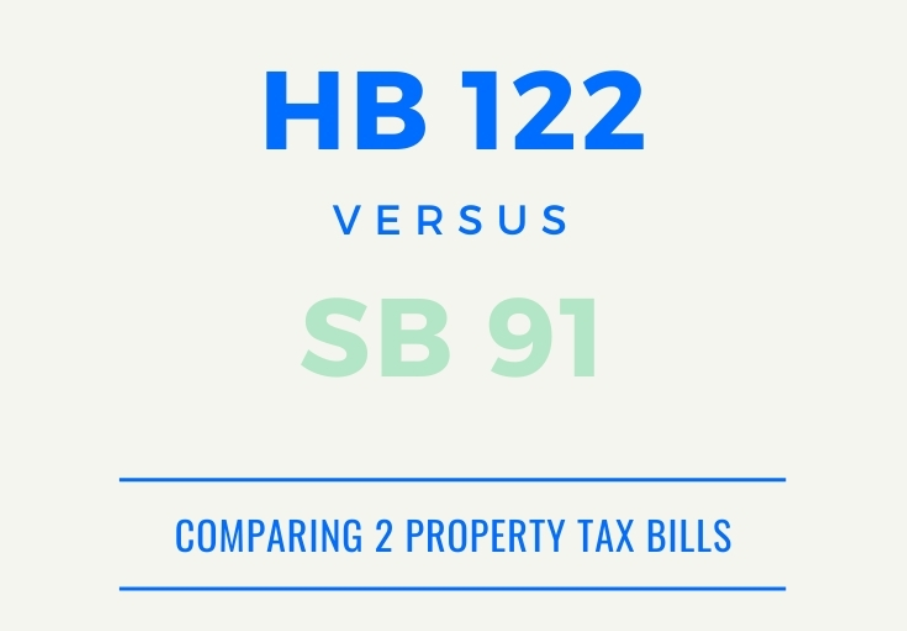
by TFR Staff | Sep 30, 2021 | Explainers

by TFR Staff | Sep 27, 2021 | Texe Lege
After Governor Abbott added property tax relief to the special agenda items list, property tax relief has once again taken center stage in the current special session. The only bill that has made any movement is SB 1 by Senator Paul Bettencourt (R-Houston). This is an...

by TFR Staff | Sep 21, 2021 | Texe Lege
Recently the groundswell of conservative voices demanding property tax elimination has reached all-time highs. The last two special sessions have not delivered the results for property tax relief that taxpayers have demanded. Property taxes have risen more than 181%...

by TFR Staff | Sep 7, 2021 | Texe Lege
Recently Governor Abbott tweeted that among other conservative legislation, the Texas legislature just passed property tax relief. This should be cause for celebration! We finally got what we have spent years begging our elected officials for! We are finally going to...








